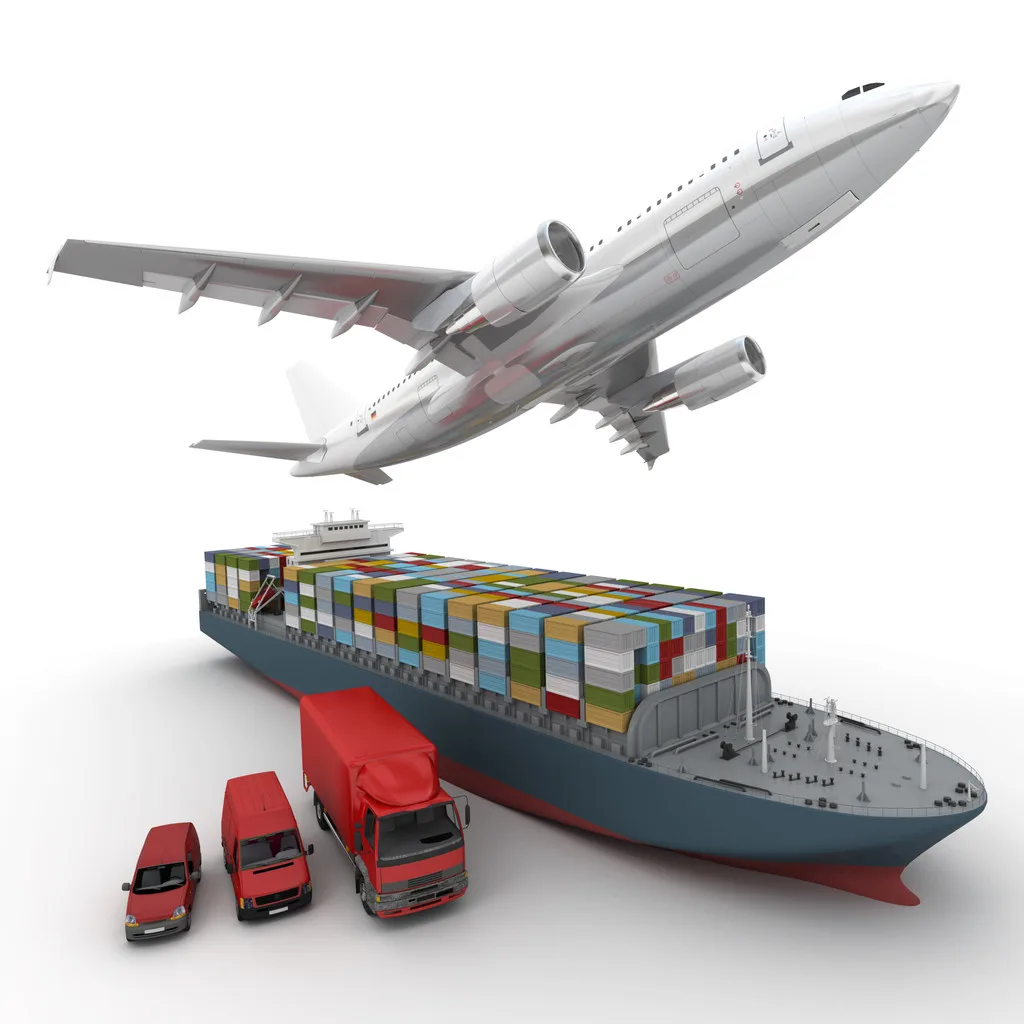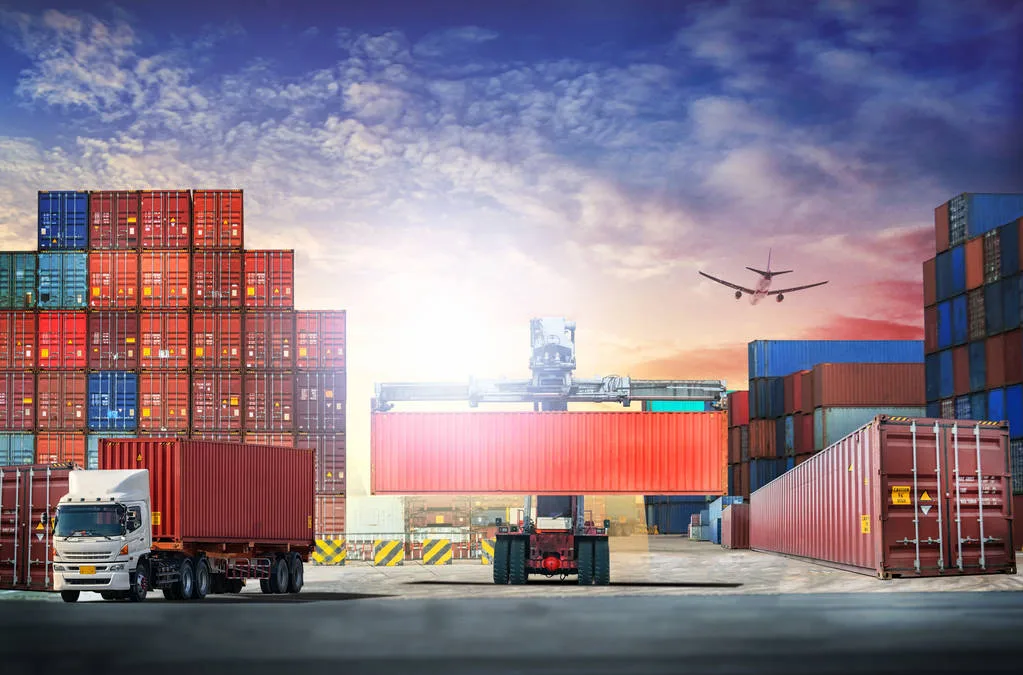How To Ship From China To Singapore
There are many ways to transport from China to Singapore. You can choose the most suitable method based on your needs (such as transportation time, cost, cargo type and volume). The following are some common transportation methods:
Air Shipping From China To Singapore
Flights: There are direct flights to Singapore from many cities in China (such as Beijing, Shanghai, Shenzhen, Guangzhou, Xiamen, etc.), providing fast transportation services. Airlines such as Singapore Airlines, Air China, and China Eastern Airlines operate these routes.
Airline: Through a dedicated air transport service, goods are directly transported from Chinese airports to Singapore, usually within 4-5 working days. This method is fast, but relatively expensive.
Sea Shipping From China To Singapore
Sea route: Depart from major ports in China (such as Tianjin, Dalian, Qingdao, Shanghai, Xiamen, Guangzhou, etc.), via the South China Sea and the Strait of Malacca to Singapore. Suitable for large-volume, non-urgent cargo transportation.
Ocean freight: Provides full container load (FCL) or less than container load (LCL) services from China to Singapore, which usually takes 10-12 working days or longer, but at a lower cost.
Express Service From China To Singapore
International express companies: such as DHL, FedEx, UPS, TNT, EMS, etc., provide door-to-door express services, suitable for the rapid transportation of small items or urgent documents.
Special express: For example, Singapore special express, provides specific express services, which may include faster customs clearance and delivery services.
Railway Transportation From China To Singapore (if Applicable)
Although the above information does not specifically mention railway transportation from China to Singapore, it is theoretically possible to connect to the railway network in Southeast Asia via the China-Europe Express, but this method is usually not direct, may require transshipment, and may not be as competitive as sea or air transportation in terms of cost and time.
When choosing a mode of transportation, you also need to consider the nature, volume, weight, value of the goods, and whether special handling is required (such as refrigeration, dangerous goods transportation, etc.). At the same time, don’t forget to deal with the relevant export declaration, import customs clearance procedures, and possible tariffs and value-added taxes. For individuals or companies that are not familiar with international logistics processes, they can consider entrusting a professional freight forwarding company (NEW SPEED) to handle transportation matters.

How Much Does It Cost To Ship From China To Singapore
The cost of shipping from China to Singapore varies depending on the mode of transport (air, sea, express service), the weight, volume, type of goods, and the speed of the selected service. Here are some approximate cost ranges, but please note that specific costs may vary over time, market conditions, and policy changes:
EMS international express: documents start at about RMB 150, items start at about RMB 210, weight starts from 500 grams, and the additional weight fee is about RMB 45.
Sensitive channel express: Some special channels can mail food, batteries, cosmetics, etc., with a starting fee as low as RMB 17, but this quotation may only apply to small parcels under certain conditions.
International express companies such as DHL: The first weight fee is about RMB 125/0.5kg, and the additional weight fee is about RMB 50/0.5kg, which is suitable for ordinary goods in urgent need, and the time limit is about 3-6 days.
Singapore sensitive channel: suitable for mailing food, cosmetics, and electrically charged and magnetic items, the first weight is about RMB 70/0.5kg, the additional weight is about RMB 30/0.5kg, and the time limit is 7-10 days.
Singapore general cargo channel: suitable for general cargo, the first weight is about RMB 40/0.5kg, the additional weight is about RMB 25/0.5kg, and the delivery time is also about 7-10 days.
Ocean freight: the price is about RMB 350 per cubic meter, suitable for large items, but the transportation time is longer.
Air freight: the price is about RMB 24 per kilogram (taking 10 kilograms as an example), and the speed is faster.

How Long Does It Take To Ship Goods From China To Singapore
The time it takes to ship goods from China to Singapore depends on the mode of transportation chosen:
International express delivery: such as DHL, FedEx, UPS, etc., generally takes 3-7 days, and can reach Singapore in 3 days at the fastest. For small items, use express services such as DHL, which can be delivered in about 3 days.
Air transport: Usually it takes 2-3 working days, but with the time for picking up goods and customs clearance, it may take 4-5 days overall.
Ocean transport: Ocean transport takes a long time, about 15-20 days, depending on factors such as the route, ship schedule, and customs clearance speed of the destination port.
Rail transport: Although there is no direct rail connection between China and Singapore, if it is transported by other modes of transport (such as rail to sea transport), it will take longer and is usually not the first choice.

Shipping Routes From China To Singapore
The routes for transporting goods from China to Singapore cover two main areas: sea transport and air transport, as follows:
Sea transport routes:
All major ports in China have routes to Singapore. The main sea transport routes include but are not limited to:
Tianjin Port to Singapore
Dalian Port to Singapore
Qingdao Port to Singapore
Lianyungang to Singapore
Shanghai Port to Singapore
Xiamen Port to Singapore
Guangzhou Port to Singapore
Routes from Taipei, Hong Kong and other places to Singapore
These routes serve the export needs of goods in different regions and provide a variety of choices.
Air transport routes:
In terms of air transport, many Chinese cities have direct flights to Singapore Changi International Airport. The main air transport routes include:
Beijing (operated by Air China, Singapore Airlines, China Southern Airlines, etc.)
Shanghai (operated by China Eastern Airlines, Singapore Airlines, etc.)
Shenzhen (operated by Tigerair Singapore, SilkAir, etc.)
Guangzhou (operated by China Southern Airlines, etc.)
Xiamen, Kunming, Hangzhou, Qingdao, Dalian, Chongqing, etc. also have direct flights to Singapore, provided by different airlines.
Documents required for transporting goods from China to Singapore
To transport goods from China to Singapore, the following documents are usually required:
Commercial Invoice: Detailed description, quantity, price, HS code and other information of the goods.
Packing List: List the details of the items in each package, including quantity, weight, size, etc.
Bill of Lading (B/L) or Air Waybill (AWB): As proof of ownership of the goods and transportation contract.
Export Declaration: Used for export clearance by China Customs, it needs to be filled out according to the type of goods and export requirements.
Certificate of Origin: Some goods may require it to prove the place of production of the goods, which helps to enjoy tariff preferences.
Fumigation Certificate or Plant Quarantine Certificate (for specific goods such as agricultural products and timber).
Dangerous Goods Declaration: If dangerous goods are transported, it must be provided.
MSDS (Material Safety Data Sheet): Detailed description of dangerous chemicals.
Performance Sheet, Dangerous Package Certificate (for dangerous goods packaging).
CITES Certificate (for protected wildlife products).
If you choose the “tax-inclusive and double-clearance” service, many intermediate links such as customs clearance and tariffs will be handled by the logistics company, and you may only need to provide basic recipient information and the invoice accompanying the goods. But even so, it is still the shipper’s responsibility to ensure that all necessary export documents are complete. Specific document requirements may change over time, type of goods, and policies of both countries. It is recommended to confirm the latest requirements with the logistics company before shipment.

